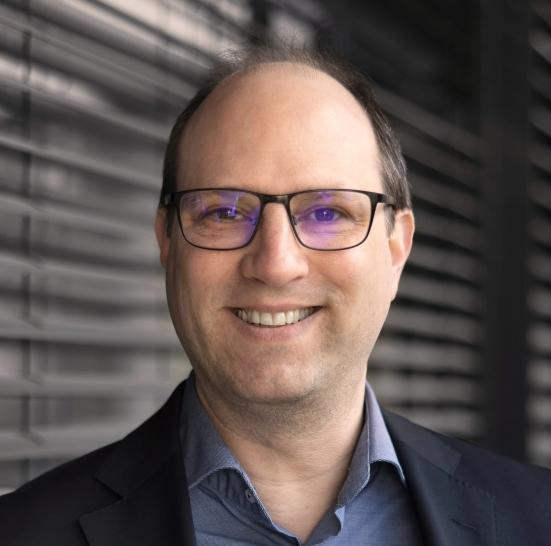Help for older people with depression and anxiety
Study on digital group therapy
Around 30 percent of people over the age of 60 suffer from depression or anxiety - and yet rarely receive psychotherapeutic support. A joint research project by the University of Siegen and the MSB Medical School Berlin aims to change this. As part of the "Vision-Age" study, a new online group therapy program is being tested that has been specially developed for older people aged 68 and over. It aims to reduce depressive and anxiety symptoms and sustainably improve patients' quality of life. The study is being funded by the German Research Foundation (DFG) with around 1.2 million euros.
"Older people often don't seek psychotherapeutic help in the first place - or the hurdles are too great because they are no longer as mobile," says Simon Forstmeier, Professor of Developmental Psychology and Clinical Psychology at the University of Siegen and co-leader of the study. The therapy program developed for "Vision-Age" is specially tailored to the needs of older people. "It takes place entirely online so that people with limited mobility can also take part," explains Eva-Marie Kessler, Professor of Gerontopsychology at the MSB Medical School Berlin and head of the study. Twenty sessions of 100 minutes each are offered in small groups of a maximum of four people. Each session is led by an experienced psychotherapist.
In terms of content, "Vision-Age" is based on the concept of "life review therapy", explains Prof. Forstmeier, who has been scientifically researching this form of therapy for over 20 years: "Life review therapy has a long tradition in the treatment of depressive disorders and has been proven to be very effective." Together with the therapist, older people look back on various phases of their lives to date: positive experiences and existing resources are taken into account, as are difficult phases of life and challenges.
As part of "Vision-Age", life review therapy is supplemented by elements of cognitive behavioral therapy and therapeutic techniques from positive psychology. The focus is not only on the past, but also on the present and future. "Many of the fears of older people are directed towards the future: 'What will happen if I continue to deteriorate physically, or if my partner dies and I am left alone? As part of the therapy, we look at where patients can exert influence and shape their lives positively," says Forstmeier.
To test the effectiveness of the therapy program, the study participants are randomly assigned to one of two groups: The therapy group undergoes the Vision Age program. The control group, on the other hand, takes part in moderated group discussions - where mutual exchange and mental stimulation are encouraged. Both formats can have a positive effect on mental well-being, anxiety and depression, and the number of sessions is identical in each case. Digital surveys are conducted before the start and after the end of the programs to record changes. The researchers want to find out whether the therapy program has a stronger positive effect on the patients than the discussion format in which the control group participates.
"Older people benefit just as much from therapy as younger people and can significantly improve their lives as a result. We therefore hope to use Vision-Age to establish a new, innovative therapy program for senior citizens - based on the latest scientific findings and open to everyone thanks to the online format," say Kessler and Forstmeier.
Participants wanted
The study is open to senior citizens aged 68 and over who have depressive symptoms and are open to digital group therapy. Further information on the study, a self-test on depressive symptoms and the registration option can be found here: https://www.vision-age.de/


